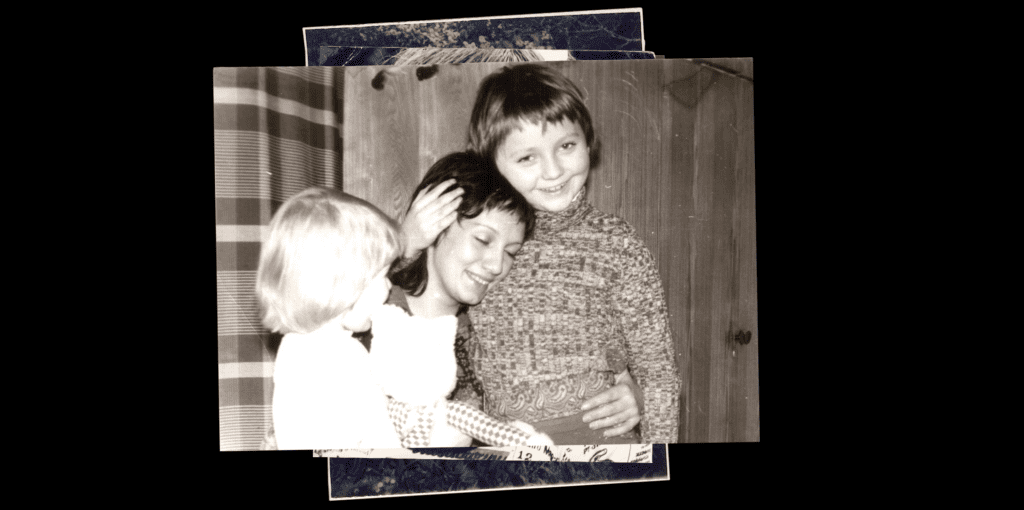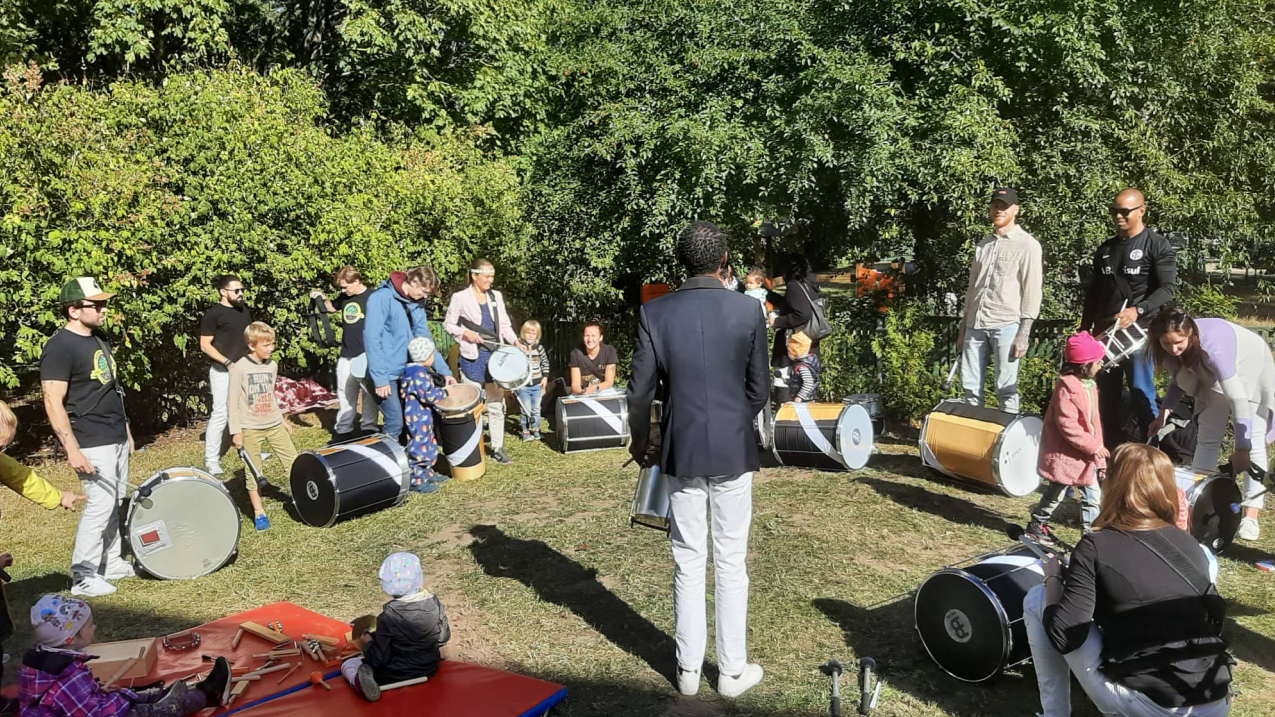
Born in Tallinn, Estonia in 1946, Marju Kuut (AKA Maryn E. Coote) was a prolific jazz singer, producer, radio host, and DJ, having recorded hundreds of tracks from the 1960s until around the time of her death in 2022. Some of these were, unfortunately, destroyed or lost. The tracks that did survive immediately caught the attention of jazz fans in Estonia and worldwide. DownBeat, a Chicago-based music magazine, went as far as naming her the “Best Jazz Singer in the Soviet Union” in 1965.
Uku’s musical oeuvre is very much inspired by his mother’s mastery in rich, sultry sound, and the musical environment in which she enveloped him. Born when Marju was gaining notoriety as a singer, Uku was constantly surrounded by her influence and industry connections, spending his time learning from the Estonian rock band Apelsin’s lead vocalist Tõnu Aare, composer Tõnu Naissoo, and sound engineer Enn Laidre.
… Uku’s fusion of synthesizers and electronic drums is reminiscent of a time saturated with neon signage and linen suits true to the “Miami Vice” style.
Uku’s sound is an amalgamation of these influences flowing in sync with his unique worldview, weaving complex themes infused with the bliss of sunny West Coast beaches into relatively lo-fi productions. To today’s listeners, Uku’s fusion of synthesizers and electronic drums is reminiscent of a time saturated with neon signage and linen suits true to the “Miami Vice” style.
To Murd, Uku’s sound has always been entrancing. “I was fascinated by just how unique it was and strange it was. It sounded like it was from another world,” he said in an article in Nassau Weekly. Having worked on projects with other Estonian artists (including Mart Avi), it made sense for Murd to make a documentary chronicling Uku’s life and accomplishments. “It felt like there was a real story there, with extreme ups and extreme downs,” he said in the same article.
“Named after a play on the Estonian pronunciation of Uku,” wrote Nassau Weekly, u.Q. premiered at the Tallinn Black Nights Film Festival (Pimedate Ööde filmifestival) in 2021. That same year, it won the Annual Award of the Audiovisual Division of Estonian Cultural Endowment. The film performed well at festivals, winning the “Best Music Film” award at the Days of European Film in the Czech Republic in 2022 and the “Best Editing and Sound” award at the National Estonian Film and Television Awards in the same year.
This footage was woven into the Ampex, Beta, S-VHS, VHS, and DVD archive footage given to Murd by Uku’s family—ultimately resulting in a film steeped in authenticity, blurring the lines between the past and present.
Murd used a mixture of 8mm, VHS, and BETA tape to capture actors donning tacky wigs, “playfully recreating” memories that Marju, Uku, and others recalled over phone interviews. This footage was woven into the Ampex, Beta, S-VHS, VHS, and DVD archive footage given to Murd by Uku’s family—ultimately resulting in a film steeped in authenticity, blurring the lines between the past and present.
If the film made one thing clear, it’s that Marju and Uku were inseparable. As the film progresses, we see how their lives were inexplicably intertwined—at one point, Marju calls Uku her “südamesõber” or soulmate.
Creatively edited footage drenched in glitch effects and other filters trace the pair as they hop from one location to another: first in Tallinn, then to Sochi, Stockholm, Los Angeles, and back to Estonia, when Uku tragically succumbed to the ALS he fought since adulthood.
Whether their intense personal dynamic was for the better of their public image is debatable. “It's caused a lot of buzz that you’re together all the time,” said a reporter to Marju and Uku.
“…I guess many mothers live with their daughters and work in the same field. They’re not moving to different apartments, there are not so many chances to do that in Estonia. Why is it so strange that we live together? We [don’t] have the money to live separately,” Marju responded.
Regardless of how the media portrayed them, their love prevailed. The unconditional support shared between Marju and Uku transcended their personal affairs; it is carefully embedded into the fabric of their sound. It’s happy. It’s uplifting. It’s a warm, sunny breeze lulling you to sleep; a collage of orange and reds painted in the sky, kissing you goodnight.
Listen to Marju and Uku Kuut on Spotify, available here!
This article was written by Natalie Jenkins as part of the Local Journalism Initiative.



